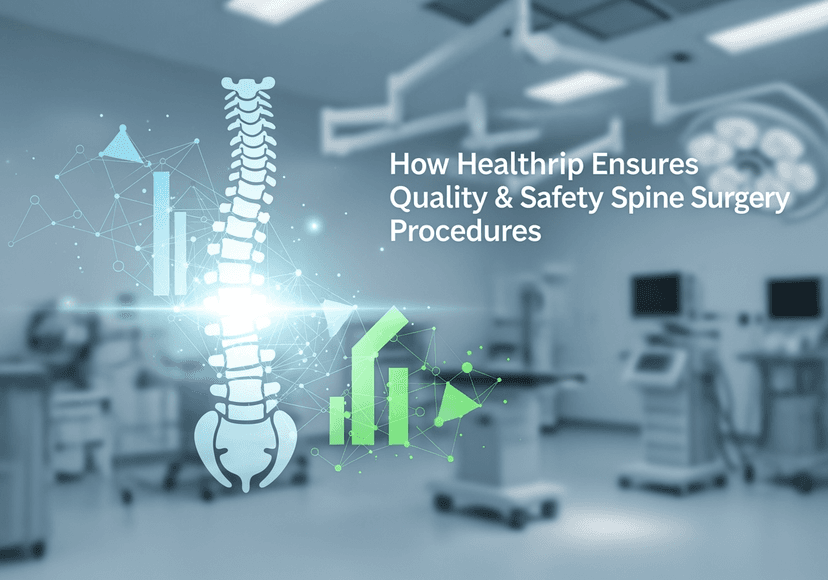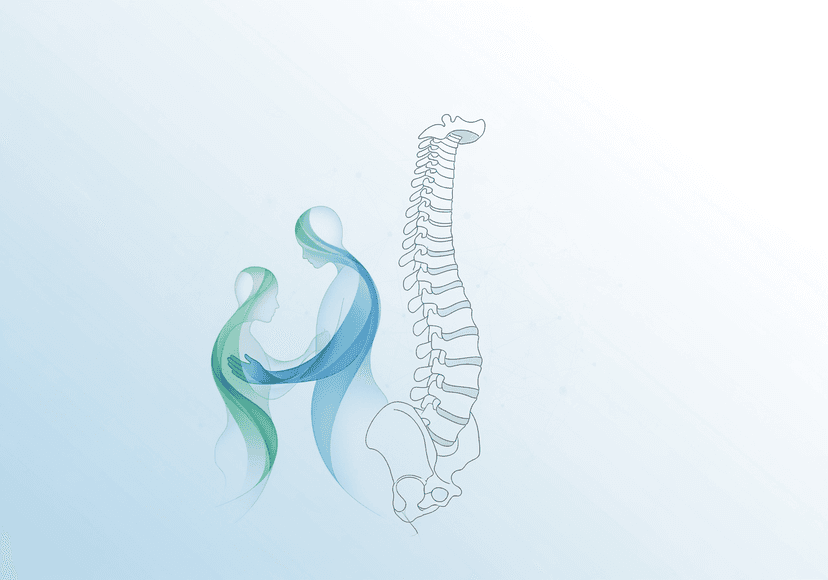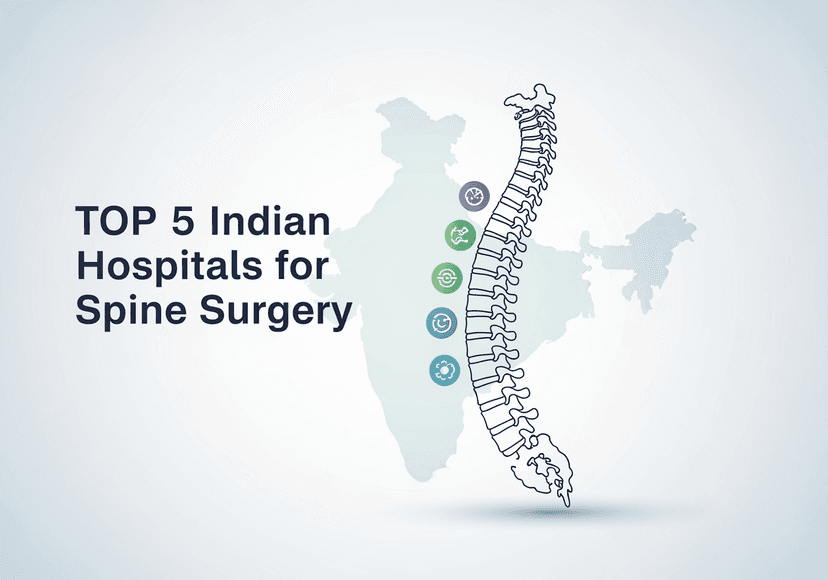
Hernia Surgery: Procedure, Risks, and Recovery Time
02 May, 2023
Hernia surgery is a popular surgical treatment used to repair hernias, which occur when a part of an organ or tissue bulges out of the body via a weakened or torn muscle or tissue. Hernias can arise in a variety of locations across the body, including the abdomen, groyne, and upper thigh. They can cause pain and discomfort as well as problems including intestinal blockage and strangling. If you have a hernia, your doctor may advise you to have surgery to fix it. This blog post will go through hernia surgery, the hazards involved, and the recuperation period.
Types of Hernia Surgery
Most popular procedures in India
There are two primary types of hernia surgery, open hernia repair and laparoscopic hernia repair. Open hernia repair is the traditional method of hernia surgery, while laparoscopic hernia repair is a minimally invasive procedure that uses small incisions.
Open Hernia Repair
Wellness Treatments
Give yourself the time to relax
Lowest Prices Guaranteed!

Lowest Prices Guaranteed!
Open hernia repair is a procedure that involves making a single, large incision over the site of the hernia. The surgeon then pushes the protruding organ or tissue back into the abdomen and sews the weakened area of the muscle or tissue closed. In some cases, a mesh patch may be placed over the weakened area to provide additional support.
Laparoscopic Hernia Repair
Laparoscopic hernia repair is a minimally invasive procedure that uses a laparoscope, a thin tube with a camera and light attached, to guide the surgeon through a series of small incisions. The surgeon then uses small instruments to push the protruding organ or tissue back into the abdomen and place a mesh patch over the weakened area.
The Benefits of Laparoscopic Hernia Repair
Laparoscopic hernia repair offers several benefits over open hernia repair, including:
- Less Pain: Laparoscopic hernia repair involves smaller incisions, which means less tissue damage and less pain after the surgery.
- Shorter Hospital Stay: Patients who undergo laparoscopic hernia repair typically spend less time in the hospital than those who undergo open hernia repair.
- Faster Recovery: The smaller incisions used in laparoscopic hernia repair mean that patients can recover faster and return to their normal activities sooner.
Risks Associated with Hernia Surgery
Hernia surgery, like any other operation, has hazards. The following are the most prevalent dangers connected with hernia surgery:
- Infection: There is a risk of infection at the site of the surgery, which can be treated with antibiotics.
- Pain: Pain is common after hernia surgery, but it can be managed with pain medication.
- Bleeding: There is a risk of bleeding during or after hernia surgery, which may require a blood transfusion.
- Recurrence: There is a risk that the hernia may recur, especially if the patient does not follow the post-operative instructions.
- Nerve Damage: There is a risk of nerve damage during hernia surgery, which can result in numbness or weakness in the affected area.
Recovery Time
The recovery time after hernia surgery varies depending on the type of surgery, the patient's overall health, and the severity of the hernia. In general, patients can expect to spend a few days in the hospital after open hernia repair and may need to take several weeks off work to recover fully. Patients who undergo laparoscopic hernia repair typically spend less time in the hospital and may be able to return to work sooner.
After hernia surgery, patients should follow their surgeon's post-operative instructions carefully to ensure a smooth and speedy recovery. These instructions may include:
- Taking pain medication as prescribed.
- Avoiding heavy lifting and strenuous activity for several weeks.
- Eating a healthy, balanced diet to aid in healing.
- Keeping the surgical area clean and dry to prevent infection.
- Taking short walks to promote blood flow and prevent blood clots.
- Following up with the surgeon for a postoperative visit to monitor the healing process.
It is essential to note that each patient's recovery process will vary, and it is vital to consult with a healthcare provider to determine the best course of action for the individual's specific needs.
Conclusion
Hernias are a common medical condition that requires surgery to treat effectively. The two primary types of hernia surgery are open hernia repair and laparoscopic hernia repair. While both surgeries carry some risks, laparoscopic hernia repair offers several benefits, including less pain, shorter hospital stays, and faster recovery times. Recovery time after hernia surgery varies, but it is essential to follow post-operative instructions carefully to ensure a smooth and speedy recovery. In general, patients can expect to take several weeks off work to recover fully from hernia surgery. By following their surgeon's instructions and taking the necessary precautions, patients can increase their chances of a successful recovery and reduce the risk of complications. If you suspect you have a hernia, consult with a healthcare provider to determine the best course of treatment for your individual needs.
Most popular wellness packages
Related Blogs

How Healthtrip Ensures Quality & Safety in Spine Surgery Procedures
Detailed guide on spine surgery, featuring doctors, hospitals, risks, recovery,

End-to-End Logistics for Spine Surgery with Healthtrip's Support
Detailed guide on spine surgery, featuring doctors, hospitals, risks, recovery,

Healthtrip's Care Coordinators: Your Support During Spine Surgery
Detailed guide on spine surgery, featuring doctors, hospitals, risks, recovery,

Top 5 Indian Hospitals for Spine Surgery
Detailed guide on spine surgery, featuring doctors, hospitals, risks, recovery,

Post-Spine Surgery Diet and Lifestyle Tips
Detailed guide on spine surgery, featuring doctors, hospitals, risks, recovery,

Common Risks in Spine Surgery and How Healthtrip Manages Them
Detailed guide on spine surgery, featuring doctors, hospitals, risks, recovery,










